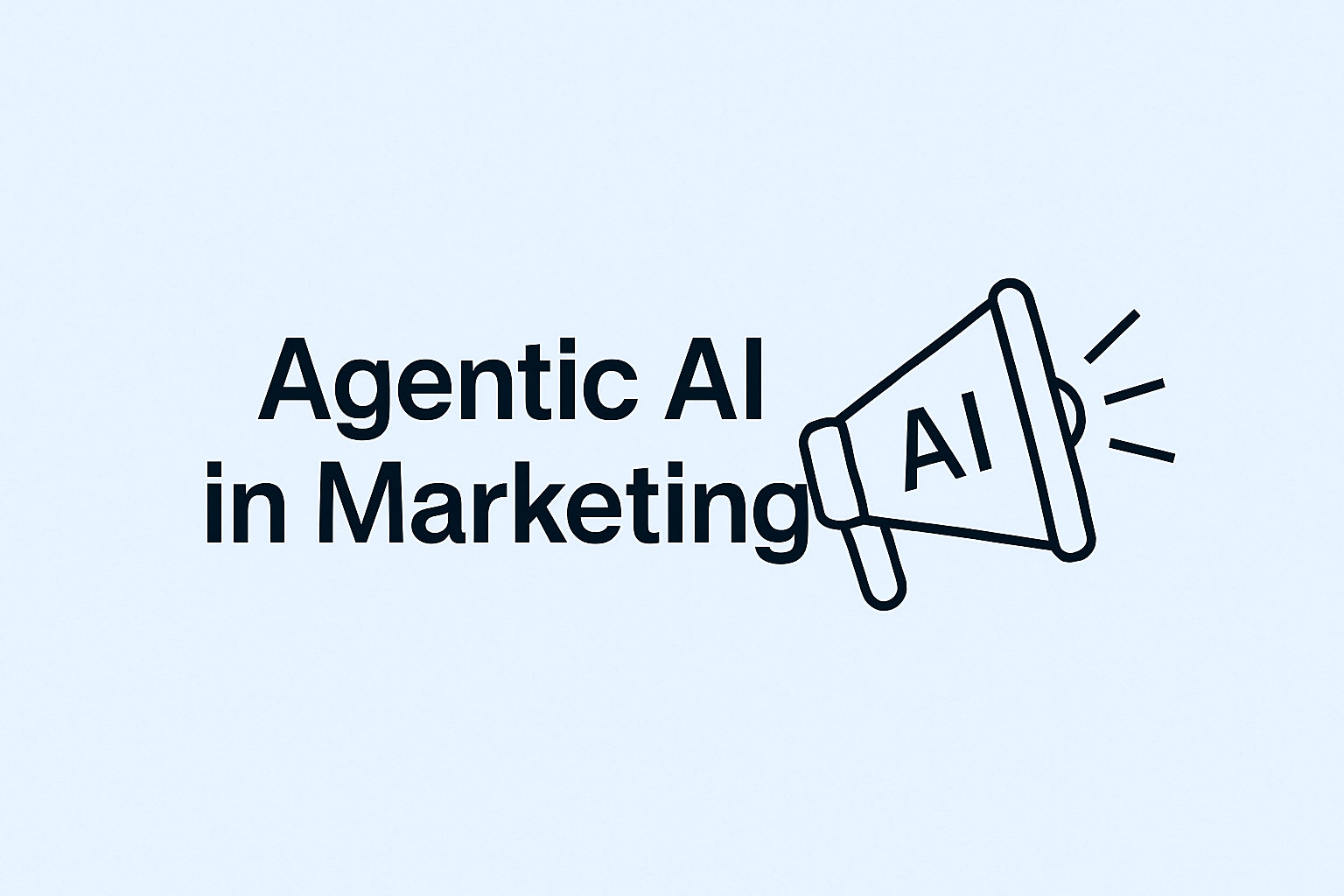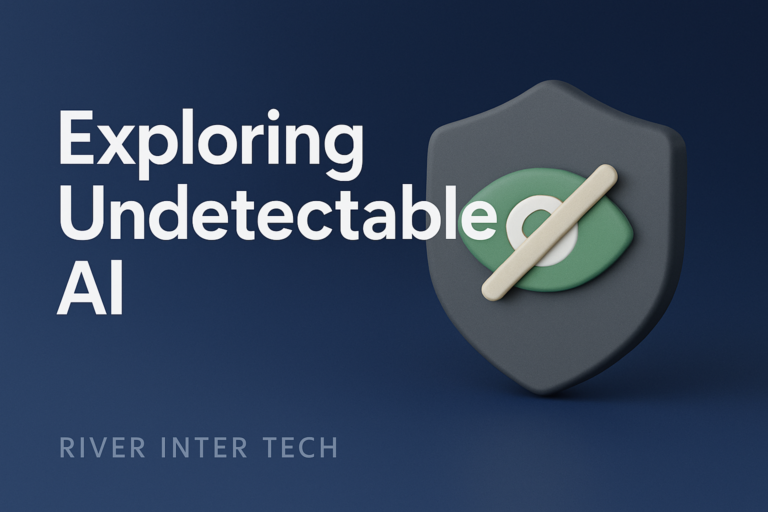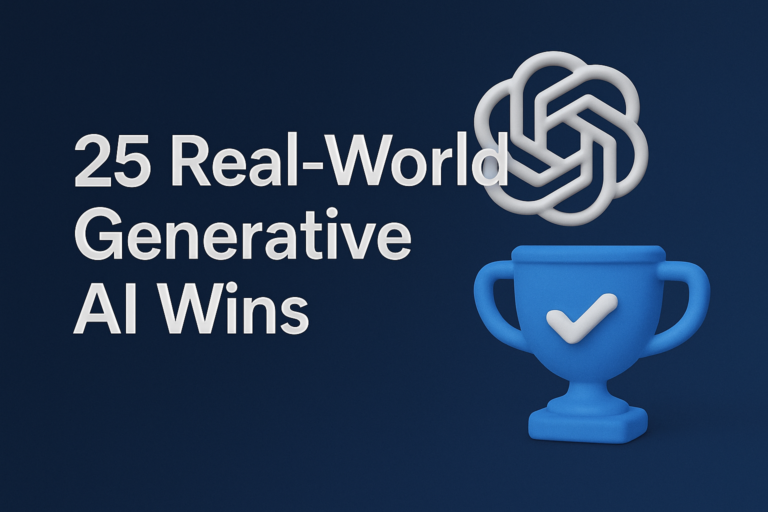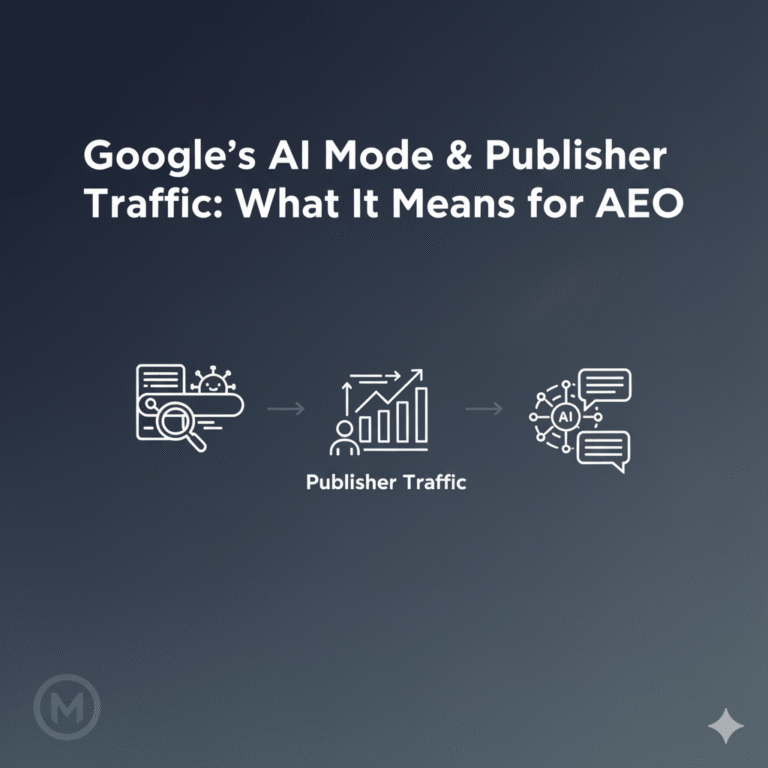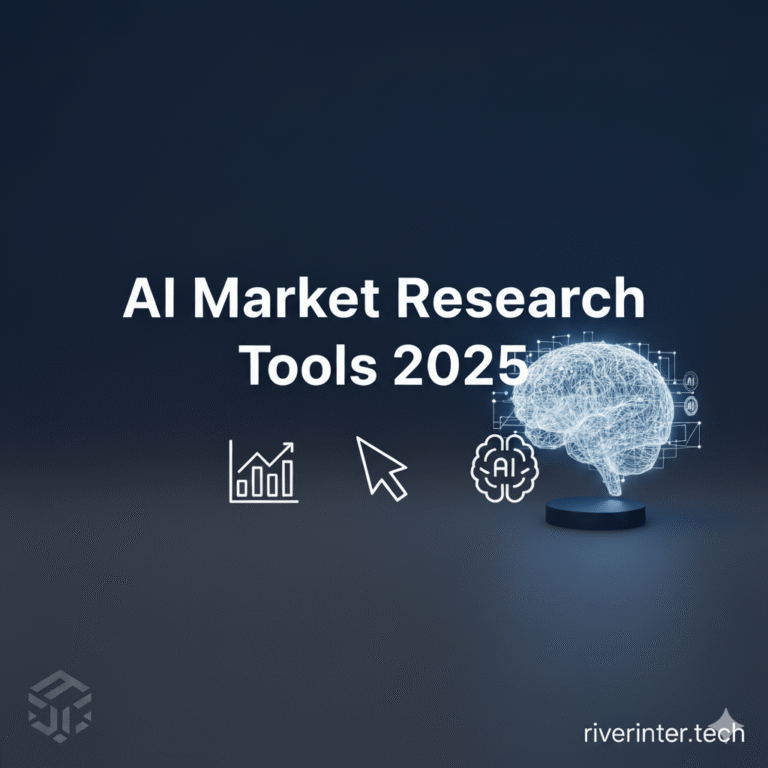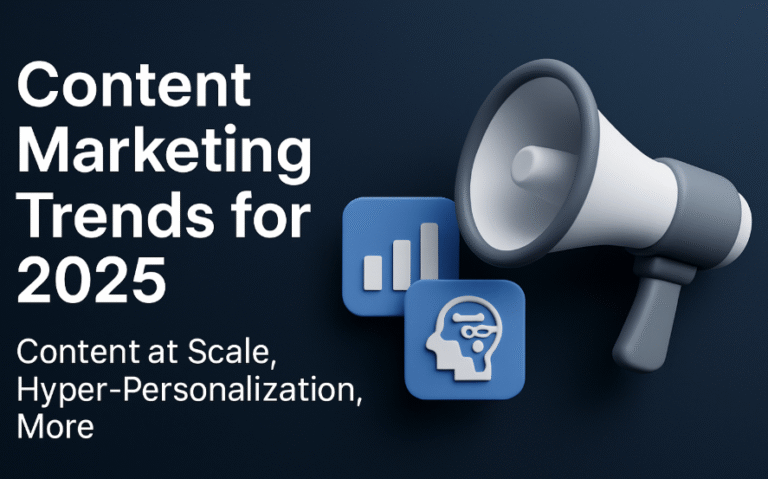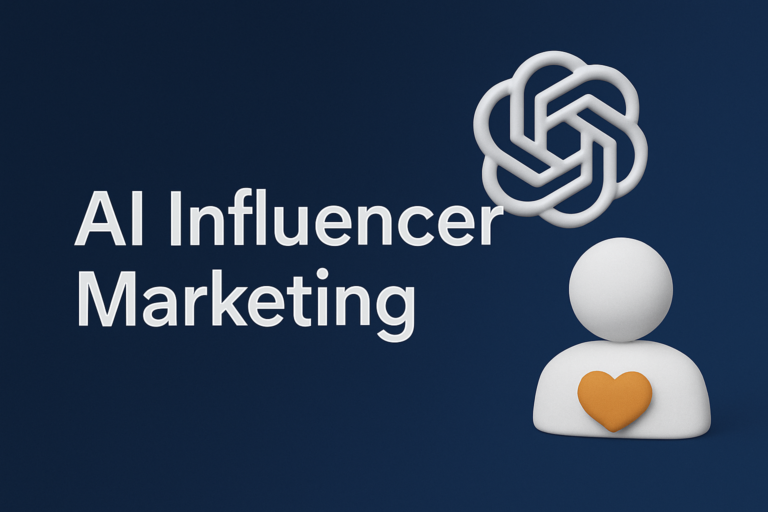Agentic AI in Marketing: Real-World Wins and How to Get Started
Imagine you need more results, but manual campaign tweaks slow you down. You want marketing to run smoothly, giving you more time for strategy instead of small fixes. This pressure is real for many teams. Agentic AI is now stepping in to help.
Companies using autonomous AI agents report up to a 20% rise in sales and a 15% drop in marketing costs. These numbers come from recent studies by SuperAGI, McKinsey, and Forrester. But what is agentic AI, and how can it help you, especially if you work in travel tech or SaaS? This guide breaks down what agentic AI means, how it works in practice, and how you can use it in your business.
What is an AI Agent?
An AI agent is a digital system that acts on its own to reach goals. Old AI tools wait for directions. An agent takes action, learns from results, and adapts to changes around it.
AWS and McKinsey describe AI agents as systems that “perceive their environment, reason, and take autonomous action to achieve goals.” For marketers, this means an AI agent can manage campaigns, adjust creative, handle reporting, and personalize outreach without constant input from people (source).
Agentic AI stands out because it remembers past actions, reacts to new info, and can use different tools as needed. Think of how Netflix or Amazon change recommendations in real time, adapting to each click or search. These are agentic AI systems shaping the customer experience, not just automating one step.
McKinsey found that agentic systems can learn from feedback and improve their own strategies over time (source). This moves us from rule-following tools to agents that help meet true business goals.
Agentic AI in Marketing Examples
How are companies using agentic AI? SuperAGI shared that a retail client boosted conversion rates by 125% and halved campaign setup time with these systems (source). McKinsey found teams launched campaigns 30% faster with lower costs (source).
- Automating A/B tests and creative swaps in real time, letting teams focus on strategy
- Watching competitors non-stop and shifting spend when rivals act
- Updating thousands of web pages and personalizing recommendations at scale
On Reddit, marketers say these agents “take care of the grunt work,” freeing them for bigger projects.
In Marketing We Trust explains that agentic AI never sleeps. It learns from every result and adapts again (source).
Agentic AI in Travel Marketing
Travel brands have huge sites with tons of content about places, deals, or experiences. Content goes out of date fast, and manual updates can’t keep up. Agentic AI helps by working at scale.
Travel brands now use AI agents to scan their sites, spot old info, and rewrite content for new trends—always keeping the right brand voice. Ciklum notes that travel marketers also use agentic AI for dynamic pricing, custom offers, and live itinerary updates (source).
- Agents spot falling flight prices and update offers on landing pages
- They read reviews and booking data to show top-rated hotels fast
- They send weather alerts or rebook trips after sudden changes
Upsell rates can double, and customer response improves by 40% when travel brands use agentic systems (source).
Agentic AI Case Study
Challenge
A global travel brand needed to update tens of thousands of pages. Manual edits were too slow. Outdated content hurt search rankings and trust. Quality varied, and site traffic dropped.
Solution
They built a custom AI system using large language models and their own brand data. Editorial rules kept tone and accuracy on target. Human editors checked samples instead of every word, saving time for bigger work.
Results
Pages updated in weeks, not months. Search traffic bounced back. The brand entered new markets, thanks to AI-generated content for different languages. Less manual work meant more focus on strategy. Over three years, the custom AI outperformed ready-made tools for accuracy, brand fit, and speed.
AI Agents for Business
Agentic AI goes beyond marketing. It helps with data management, compliance, and team workflows.
The AI agent market is set to jump from $5.1B to $47.1B by 2030 (source). To get the most out of agentic AI, companies need more than new tools—they need smart ways to use them.
Develop a Robust AI Policy
Every business needs clear AI rules. A strong policy sets what agents can do, how they handle customer data, and how humans will check their work.
Sharing your AI policy with clients builds trust. Smart companies also review their policies often to keep up with new laws and tech (source).
Balance Innovation and Risk Management
Jumping in fast can cause mistakes. The best teams start with low-risk projects, like internal reports. If there’s a glitch, they use kill-switches and backups.
Regular audits and updated controls help catch errors as agents learn (source).
Use Bespoke Data Solutions
Generic AI can’t match an agent trained on your own data. Brands get better results from systems built with their own info, like customer chats and campaign data.
They use privacy-friendly tools, such as federated learning, to protect data while still getting smart results (source).
Maintain a Human-in-the-Loop Approach
AI does the heavy work, but people still steer the process. Humans check outputs for tone, accuracy, and odd results, especially for important emails or public messages.
Reviewing agent actions weekly helps catch errors early and keeps the system improving (source).
Ensure Data Privacy & Compliance
Agentic AI has to follow laws like GDPR and CCPA. This means regular audits and privacy checks are needed to prevent problems.
Getting this right builds trust with customers and partners (source).
Be Transparent and Share the Wins
Don’t keep AI in the background. Brands should say where AI is used, what it does, and what results it gets—good and bad.
This builds trust and helps everyone learn from wins and mistakes (source).
FAQs: Agentic AI in Marketing
What is the difference between agentic AI and regular AI in marketing?
Agentic AI works toward goals and adapts as needed. Basic AI only automates set tasks.
Are there real examples where agentic AI improved marketing results?
Yes. Some businesses saw conversions jump by 125% and campaign setup times cut in half.
How do businesses balance AI innovation and risk?
They start with low-risk use cases, have kill-switches, and keep humans in key decisions.
What’s the biggest challenge in scaling agentic AI for marketing?
Protecting data privacy and following changing laws is the hardest part.
How does agentic AI personalize travel marketing?
It reads booking data and sends live updates or tailored offers, fast and at scale.
What frameworks help with AI policy and compliance?
Cross-team controls, regular audits, and open reports all play a part.
Should AI agents completely replace marketers?
No. The best results come when humans and AI work together.

